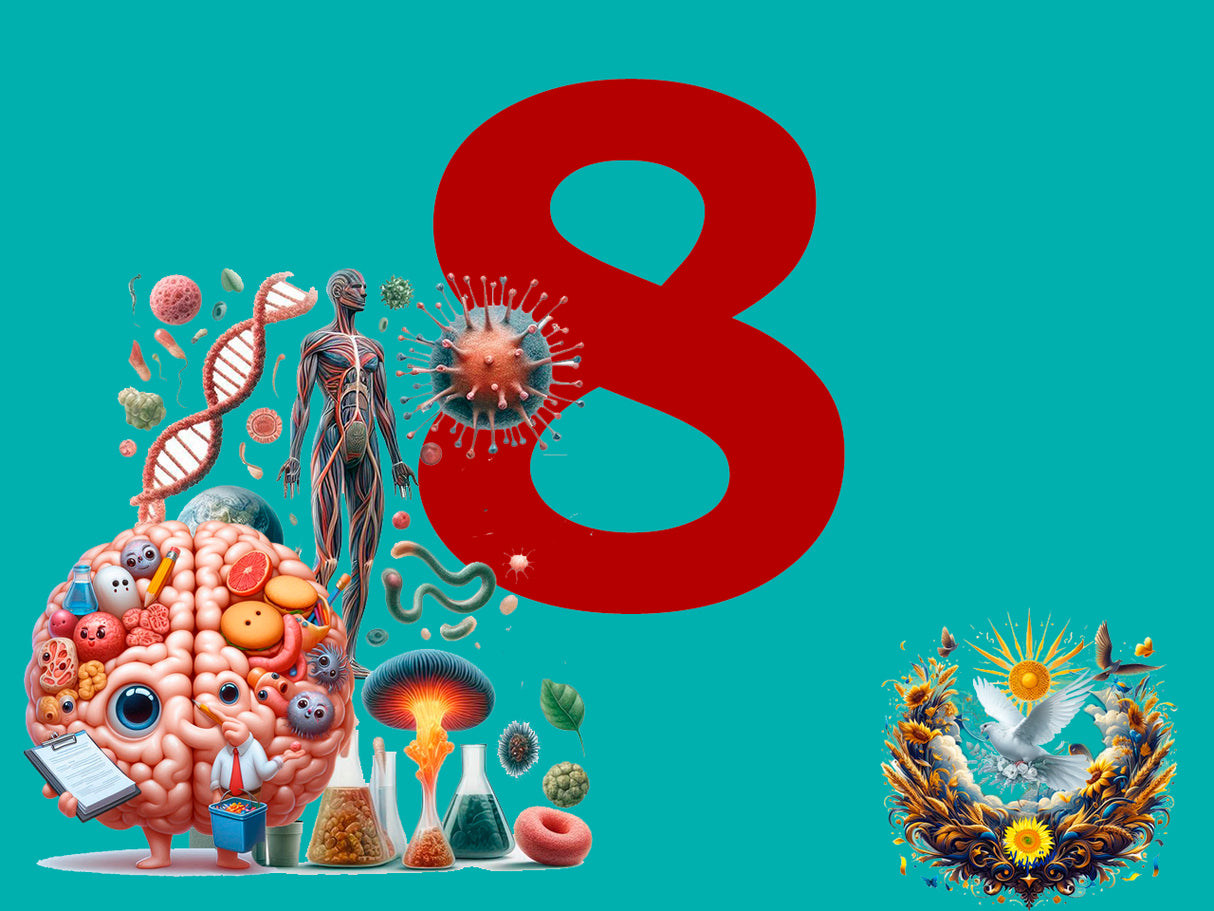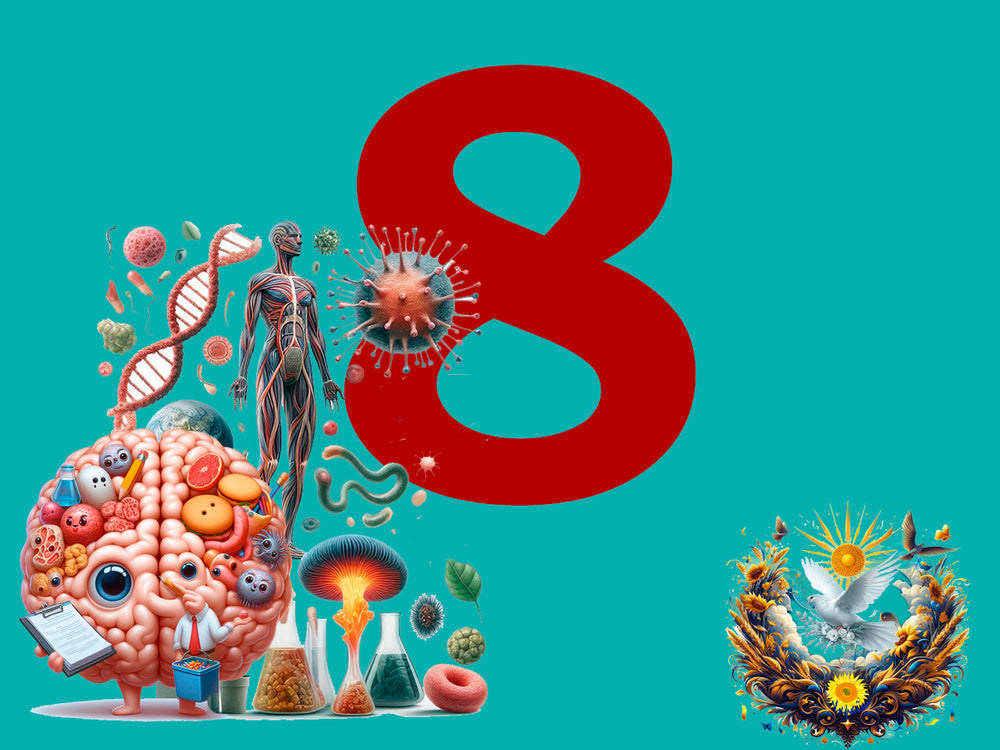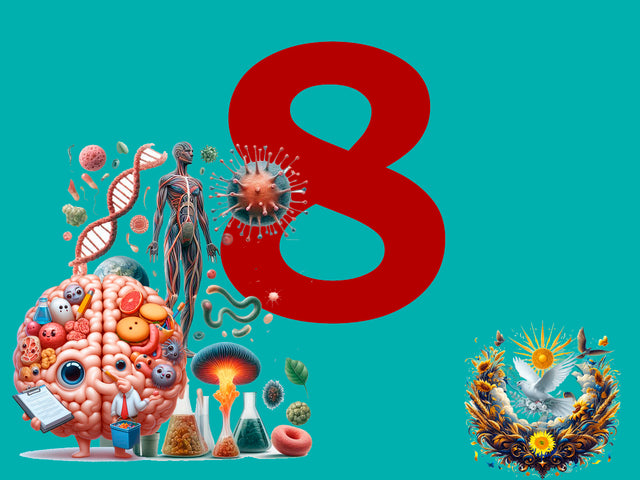Biology Grade 8. Excretion. Thermoregulation. Nervous and sensory systems. Collection 1
 Intermediate
Intermediate
 Course
Course
 16 hours
16 hours
Biology Grade 8. Excretion. Thermoregulation. Nervous and sensory systems. Collection 1 is backordered and will ship as soon as it is back in stock.
What is Unibot?
What is Unibot?
Unibot is a platform for educational systems that combines an administration panel and a chatbot. It allows you to easily upload data, customize chatbots without programming, and manage courses. It supports multilingual bots, content management, and optimized resource utilization for efficiency. The platform makes educators' work easier by automating repetitive tasks. Different pricing plans are available, from basic to premium, which differ in the number of supported bots, languages, messages, and other features.
More information
Embark on an exciting journey through human biology! Our "Biology Grade 8: Excretion. Thermoregulation. Nervous and Sensory Systems. Collection 1" course offers a dynamic learning experience that explores the essential biological functions of the human body. Through interactive lessons, quizzes, and engaging activities, students will gain a deep understanding of how the body maintains homeostasis and interacts with the environment.
Why choose our course:
- Interactive quizzes and tests: Test your knowledge and reinforce learning with engaging and challenging quizzes.
- Interactive exercises: Develop critical thinking and research skills through interactive exercises and activities.
- Expertly crafted content: Developed by experienced educators to ensure high-quality and effective learning.
- Focus on biological processes: Encourage students to analyze the body's regulatory systems, understand physiological mechanisms, and apply knowledge to real-world scenarios.
Course Module
Module 1: Excretion and Thermoregulation
- Lesson 32: Excretion of metabolic end products - an important stage of metabolism. Structure of the human excretory system
- Lesson 33: Diseases of the excretory system and their prevention
- Lesson 34: Structure and functions of the skin
- Lesson 35: Thermoregulation in the human body. Skin diseases and their prevention
Module 2: Connection of the Human Body with the Environment. Nervous System
- Lesson 36: Structure of the human nervous system. Central and peripheral nervous system
- Lesson 37: Structure and functions of the human spinal cord
- Lesson 38: Human brain: brainstem and cerebellum
- Lesson 39: Human brain: forebrain
- Lesson 40: Somatic and autonomic nervous systems
- Lesson 41: Prevention of nervous system diseases
Module 3: Connection of the Human Body with the Environment. Sensory Systems
- Lesson 42: General characteristics and structure of human sensory systems
- Lesson 43: Human visual sensory system
- Lesson 44: Features of eye function. Eye hygiene
- Lesson 45: Auditory sensory system
- Lesson 46: Sensory systems of balance, movement, touch, temperature, and pain
- Lesson 47: Sensory systems of smell and taste. Internal organ receptors
Expected Learning Outcomes
- Understands key terms: excretion, kidneys, nephron, urine formation, skin, thermoregulation, nervous system, central nervous system, peripheral nervous system, autonomic (vegetative) nervous system, somatic nervous system, sensory systems, sense organs, receptors.
- Names:
- Excretory organs
- Organs and functions of the excretory system
- Components of the central and peripheral nervous systems
- Functions of the spinal cord, brain and its divisions, somatic and autonomic nervous systems (sympathetic and parasympathetic)
- Factors disrupting nervous system function
- Key sensory systems
- Components of an analyzer
- Describes:
- Structure and functions of the kidneys
- Process of urine formation
- Regulation of urination
- Role of kidneys in water-salt balance
- Factors affecting kidney function
- Negative impact of alcohol on kidney function
- Role of skin in excretion and temperature regulation
- Structure of the brain and spinal cord
- Nervous regulation of human motor activity
- Role of the cerebral cortex in voluntary movement control
- Role of the autonomic nervous system in regulating internal organs
- Structure and function of visual and auditory sensory systems
- Balance, smell, taste, movement, touch, temperature, and pain sensory systems
- Provides examples of:
- Nervous system diseases
- Explains:
- Biological significance of excreting metabolic products
- Causes of heatstroke and sunstroke
- Processes of perceiving light, color, space, sound, smell, taste, and body balance
By the end of this course, students will have a deep understanding of the body's excretory, nervous, and sensory systems, their role in maintaining homeostasis, and their impact on human health.
-
Genre
-
Target audience
-
Language version
-
Subject area
-
Recommended age group
-
Course time
-
Book author
-
Author Collection



